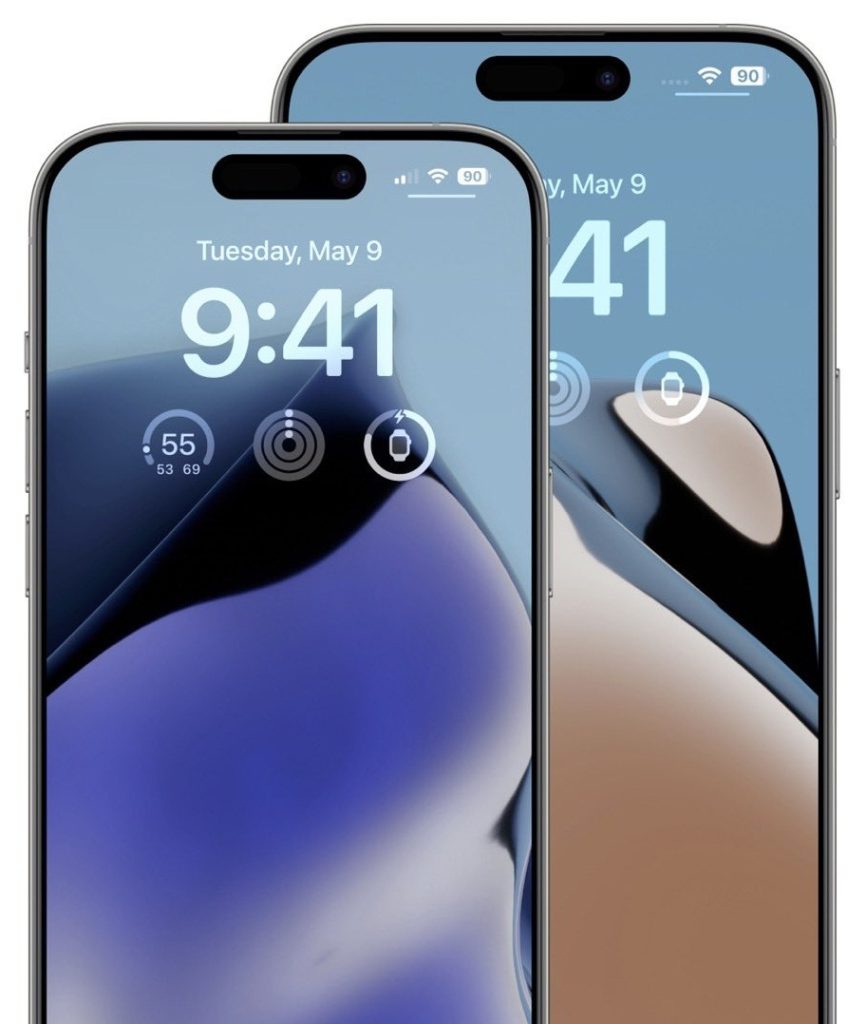
The company released MLX, a machine learning framework designed for efficient and flexible machine learning on Apple silicon….reports Asian Lite News
As artificial intelligence (AI) takes centre-stage across companies, Apple’s machine learning research team has released frameworks and model libraries designed to run on its silicon chips.
The company released MLX, a machine learning framework designed for efficient and flexible machine learning on Apple silicon.
“The design of MLX is inspired by frameworks like PyTorch, Jax, and ArrayFire. A noteable difference from these frameworks and MLX is the unified memory model,” according to Apple on GitHub.
“Arrays in MLX live in shared memory. Operations on MLX arrays can be performed on any of the supported device types without performing data copies. Currently supported device types are the CPU and GPU,” the Apple ML research team added.
Awni Hannun of Apple’s ML team posted on X that just in time for the holidays, “we are releasing some new software from Apple machine learning research”.
“MLX is an efficient machine learning framework specifically designed for Apple silicon (i.e. your laptop!),” Hannun said.
MLX is a NumPy-like array framework designed for efficient and flexible machine learning on Apple silicon.
“The Python API closely follows NumPy with a few exceptions. MLX also has a fully featured C++ API which closely follows the Python API,” according to the Apple ML team.
Last month, Apple CEO Tim Cook revealed that the company is investing quite a bit in AI and will do it responsibly for product enhancements over time.
Cook said that the company views AI and machine learning as fundamental technologies and they’re integral to virtually every product that they ship.
“When we shipped iOS 17, it had features like Personal Voice and Live Voicemail. AI is at the heart of these features. And then, you can go all the way to the life-saving features on the launch end of the phone like fall detection, crash detection, ECG on the watch. These would not be possible without AI,” he told analysts during the company’s earnings call.
Cook said that Apple has work going on related to AI for quite some time.
“I’m not going to get into details about what it is, because we really don’t do that. But you can bet that we’re investing, we’re investing quite a bit, we’re going to do it responsibly and you will see product advancements over time,” the Apple CEO said.
In August, Cook said the tech giant has been working on generative AI and other models for years.

Apple Prefers Indian Batteries
In an effort to diversify its global supply chain and move manufacturing out of China, Apple has informed its component suppliers of its preference to source batteries for the upcoming iPhone 16 from Indian factories, media report said on Wednesday.
According to the Financial Times, battery manufacturers, such as Desay of China, have been encouraged to establish new factories in India, while Simplo Technology, a Taiwanese battery supplier for Apple, has been asked to increase manufacturing in India for future orders.
Earlier this week, Union Minister of State for Electronics and Information Technology Rajeev Chandrasekhar said Japanese electronic parts maker TDK Corp will manufacture lithium-ion (li-ion) battery cells for Apple iPhones in India.
“Another big win for PM @narendramodi ji’s visionary PLI scheme in shifting the mobile manufacturing ecosystem to India. TDK, a leading supplier of cells to Apple, is setting up a 180-acre facility in Manesar, Haryana to build cells for batteries which will be used in the #MadeInIndia iPhones,” he wrote on X.
Companies like Desay and Simplo package the electric cells produced by TDK and their counterparts into modules and send them to assemblers such as Taiwanese contract manufacturer Foxconn, the report mentioned.
Foxconn plans to invest $1.54 billion in India. In a stock exchange filing, Foxconn said that the investment will help it fulfil “operational needs.”
Meanwhile, Apple has asked the Indian government to exempt its existing iPhones from the requirement of a common charging port (USB-C) for electronics devices, as the Centre evaluates the possibility of mandating a common charger for most devices.
In a meeting with the IT Ministry officials late last month, Apple told the officials that if such a rule — similar to what has been proposed by the European Union (EU) to require devices to have universal charging ports — is brought, it may hamper its domestic manufacturing plans, reliable sources told IANS.
ALSO READ: xAI, Musk’s Startup, Eyes $1B Funding


